 W
WDumitru Berciu was a Romanian historian and archaeologist, honorary member of the Romanian Academy.
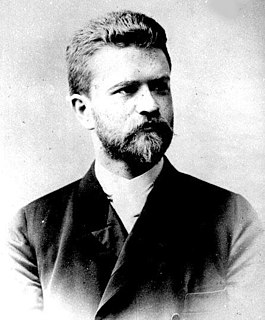 W
WIoan Bogdan was a Romanian linguist, historian and philologist, the author of studies on the language of Slavic and Romanian documents and creator of Slavo-Romanian philology. In 1903, Bogdan was elected a titular member of the Romanian Academy.
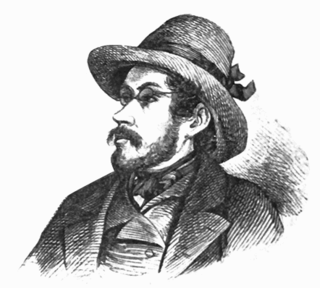 W
WCezar Bolliac or Boliac, Boliak was a Wallachian and Romanian radical political figure, amateur archaeologist, journalist and Romantic poet.
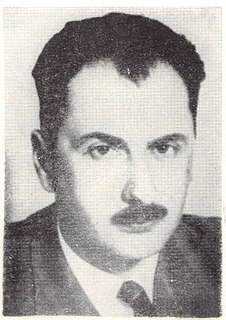 W
WGheorghe (George) I. Brătianu was a Romanian politician and historian. A member of the Brătianu family and initially affiliated with the National Liberal Party, he broke away from the movement to create and lead the National Liberal Party-Brătianu.
 W
WNoble Tit Bud de Budfalva was an Imperial Austrian-born Romanian Greek Catholic priest, author, folklorist, translator, historian, aristocrat, vicar of Maramureș, director of the Boarding school of Sighet, vice-president of the "Association for the culture of the Romanian people from Maramureș" and president of the "Organization of Romanian teachers from Maramureș". He spoke seven languages.
 W
WGheorghe Buzatu in Sihlea, Vrancea County, was a Romanian historian, politician, and professor of history at the University of Iași. Elected to the Romanian Senate for Iași County in 2000 on the lists of the extremist Greater Romania Party, he served as a vice president of that body over the next four years. He is best known for his controversial publications about the Jews and the Holocaust in Romania during World War II.
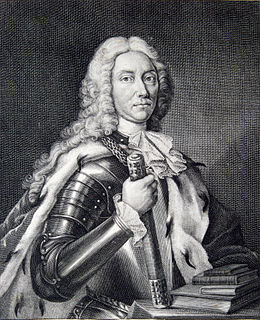 W
WDimitrie or Demetrius Cantemir, also known by other spellings, was a Moldavian soldier, statesman, and man of letters. He was twice voivode of Moldavia. During his second term, he allied his state with Russia in their war against Moldavia's Ottoman overlords; Russia's defeat forced Cantemir's family into exile and the replacement of the native voivodes by the Greek phanariots. Cantemir was also a prolific writer, variously a philosopher, historian, composer, musicologist, linguist, ethnographer, and geographer. His son Antioch, Russia's ambassador to Great Britain and France and a friend of Montesquieu and Voltaire, would go on to be known as "the father of Russian poetry".
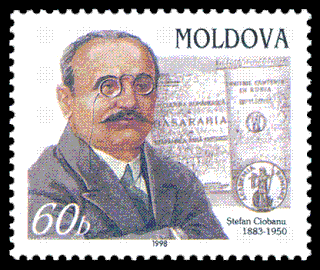 W
WȘtefan Ciobanu was a Romanian historian and academician, author of some important works about ancient Romanian literature, Romanian culture in Basarabia under Russian occupation, Bessarabian demography, fervent advocate of the introduction of the Romanian language in the schools of Bessarabia, vice-president of the Romanian Academy between 1944–1948. He served as Minister of Education (1917-1918) of the short-lived Moldavian Democratic Republic.
 W
WDimitrie Cozacovici was a Romanian historian. He was one of the founding members of the Romanian Academy.
 W
WIon Horaţiu Crişan (1928–1994) was a Romanian historian and archaeologist. He conducted research in South-Eastern and Central Europe, focusing on Geto-Dacians and Celts.
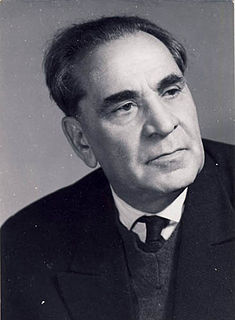 W
WConstantin Daicoviciu was a Romanian historian and archaeologist.
 W
WNicolae Dașcovici was a jurist, politician, historian, university professor, Romanian diplomat and Romanian publicist, corresponding member of the Romanian Academy.
 W
WAnghel Demetriescu was a Romanian historian, writer and literary critic, who became a member of the Romanian Academy in 1902.
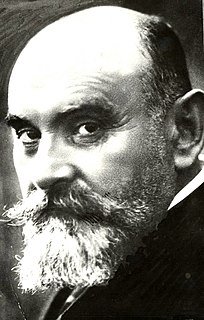 W
WConstantin Dobrogeanu-Gherea was a Romanian Marxist theorist, politician, sociologist, literary critic, and journalist. He was also an entrepreneur in the city of Ploiești. Constantin Dobrogeanu-Gherea was the father of communist activist Alexandru Dobrogeanu-Gherea and of philosopher Ionel Gherea.
 W
WGheorghe Ghibănescu was a Romanian historian and philologist.
 W
WPrince Matila Costiescu Ghyka, was a Romanian naval officer, novelist, mathematician, historian, philosopher, academic and diplomat. He did not return to Romania after World War II, and was one of the most significant members of the Romanian diaspora. His first name is sometimes written as Matyla.
 W
WPetru Maior was a Romanian writer who is considered one of the most influential personalities of the Age of Enlightenment in Transylvania. Maior was a member of the Greek-Catholic clergy, a historian, philosopher, and linguist.
 W
WSamuil Micu Klein was a Romanian Greek-Catholic theologian, historian, philologist and philosopher, a member of the Enlightenment-era movement of Transylvanian School.
 W
WChristian Gheorghe Mititelu is a Romanian journalist. He was the director of Romanian department of the BBC.
 W
WGeorge Murnu was a Romanian university professor, archaeologist, historian, translator, and poet of Aromanian origin.
 W
WVictor Neumann is a Romanian historian, political analyst, and professor at the West University in Timișoara. He is a well-known specialist in the recent cultural and intellectual histories of Eastern and Central Europe. Much of his work deals with Conceptual History, history of political thought and theory of history. As of October 2013, he is Director of the Timișoara Art Museum.
 W
WIon I. Nistor was a Romanian historian and politician. He was a member of the Romanian Academy after 1911, and served as administrator of its Library.
 W
WLucrețiu Pătrășcanu was a Romanian communist politician and leading member of the Communist Party of Romania (PCR), also noted for his activities as a lawyer, sociologist and economist. For a while, he was a professor at Bucharest University. Pătrășcanu rose to a government position before the end of World War II and, after having disagreed with Stalinist tenets on several occasions, eventually came into conflict with the Romanian Communist government of Gheorghe Gheorghiu-Dej. He became a political prisoner and was ultimately executed. Fourteen years after Pătrășcanu's death, Romania's new communist leader, Nicolae Ceaușescu, endorsed his rehabilitation as part of a change in policy.
 W
WNicolae Petrescu-Comnen was a Romanian diplomat, politician and social scientist, who served as Minister of Foreign Affairs in the Miron Cristea cabinet. He debuted in France as a public lecturer and author of several books on political history, then returned to Romania as a judge and member of the University of Bucharest faculty. Comnen spent most of World War I in Switzerland, earning respect at home and abroad for his arguments in favor of nationalism, his publicizing of the Greater Romanian cause, and especially for his support of the Romanian community in Dobruja. During the Paris Peace Conference, he was dispatched to Hungary, proposing political settlements that would have made the Treaty of Trianon more palatable to Hungarian conservatives. Also noted as an eccentric who published poetry, he was often ridiculed for his claim to a Byzantine aristocratic descent from the Komnenos.
 W
WGheorghe Șincai was an ethnic Romanian Transylvanian historian, philologist, translator, poet, and representative of the Enlightenment-influenced Transylvanian School.
 W
WGeorg Daniel Teutsch was a Transylvanian historian and Lutheran bishop.
 W
WIenăchiță Văcărescu was a Wallachian Romanian poet, historian, philologist, and boyar belonging to the Văcărescu family. A polyglot, he was able to speak Ancient and Modern Greek, Old Church Slavonic, Arabic, Persian, French, German, Italian, and Ottoman Turkish.
 W
WSever Ioan Zotta was a Romanian archivist, genealogist, historian and publicist, corresponding member of the Romanian Academy.